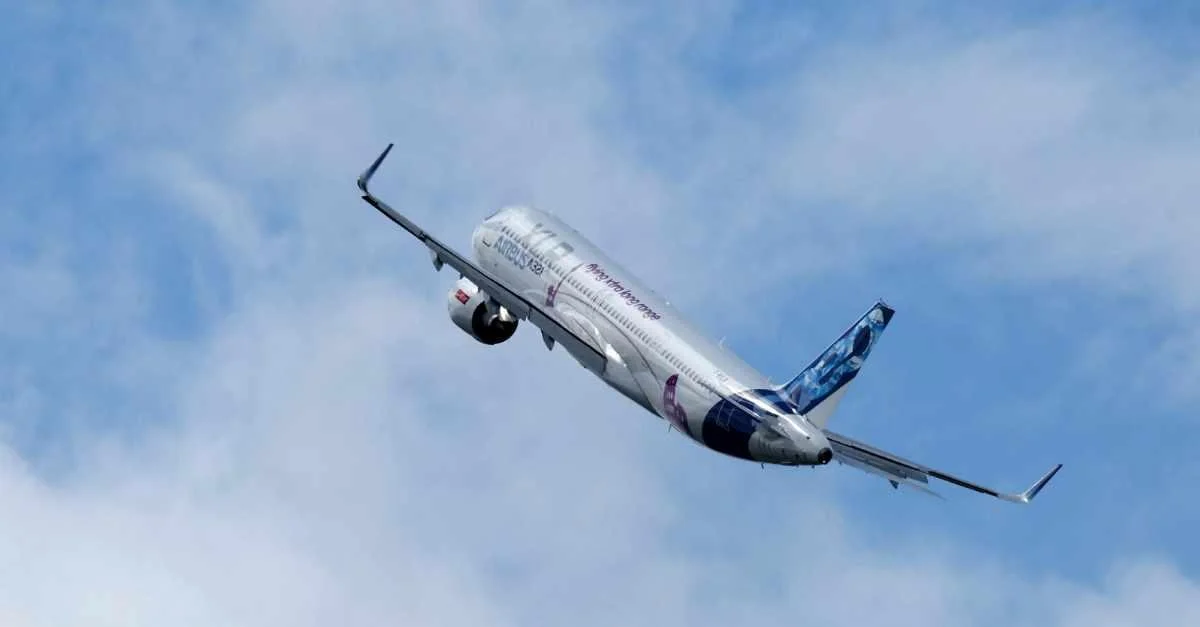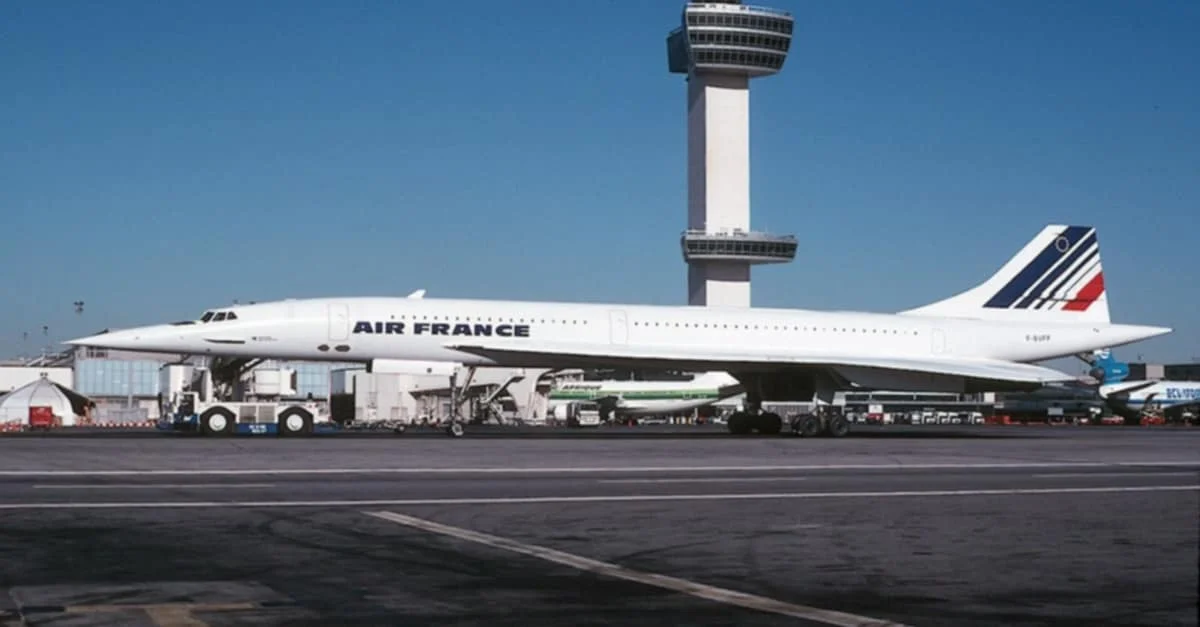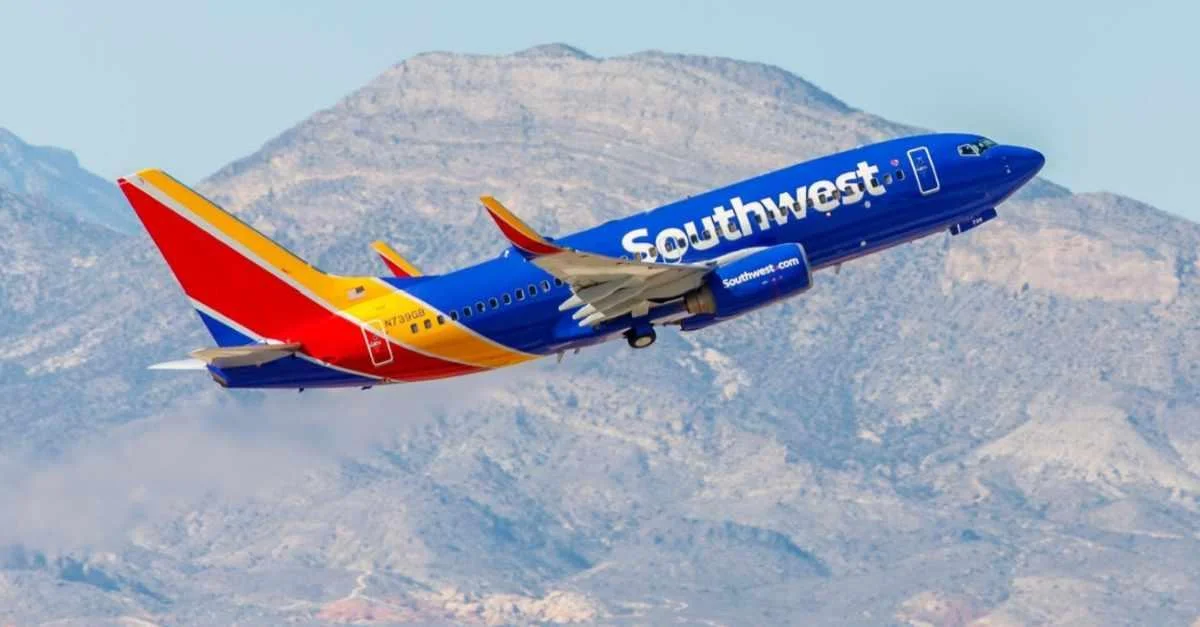In the realm of aviation, the potential of artificial intelligence (AI) to significantly alter the role of pilots is a subject of ongoing evaluation. While the industry heavily employs automation, the complete replacement of human pilots by AI remains a distant consideration. Currently, advanced autopilot systems manage about 90% of a flight, including take-offs and landings under favorable conditions. However, human pilots are integral for supervising these systems and making critical decisions during unforeseen situations.
Various AI systems support pilots by assisting in predictive maintenance, research, and weather routing, enhancing human decision-making rather than replacing it. Both Airbus and Boeing have experimented with single-pilot operations, where a human pilot would be supported by AI. However, regulatory bodies like the Federal Aviation Administration (FAA) and the European Aviation Safety Agency (EASA) mandate two pilots in the cockpit, a requirement that would take significant legal and testing efforts to amend.
Skepticism about automated aircraft persists, largely due to historical safety incidents, and unions continue to advocate for pilot retention. Pilot demand is expected to rise, with a projected need for 600,000 new pilots by 2040. Therefore, any immediate reduction in pilot roles is deemed unlikely.
 Alerts Sign-up
Alerts Sign-up










